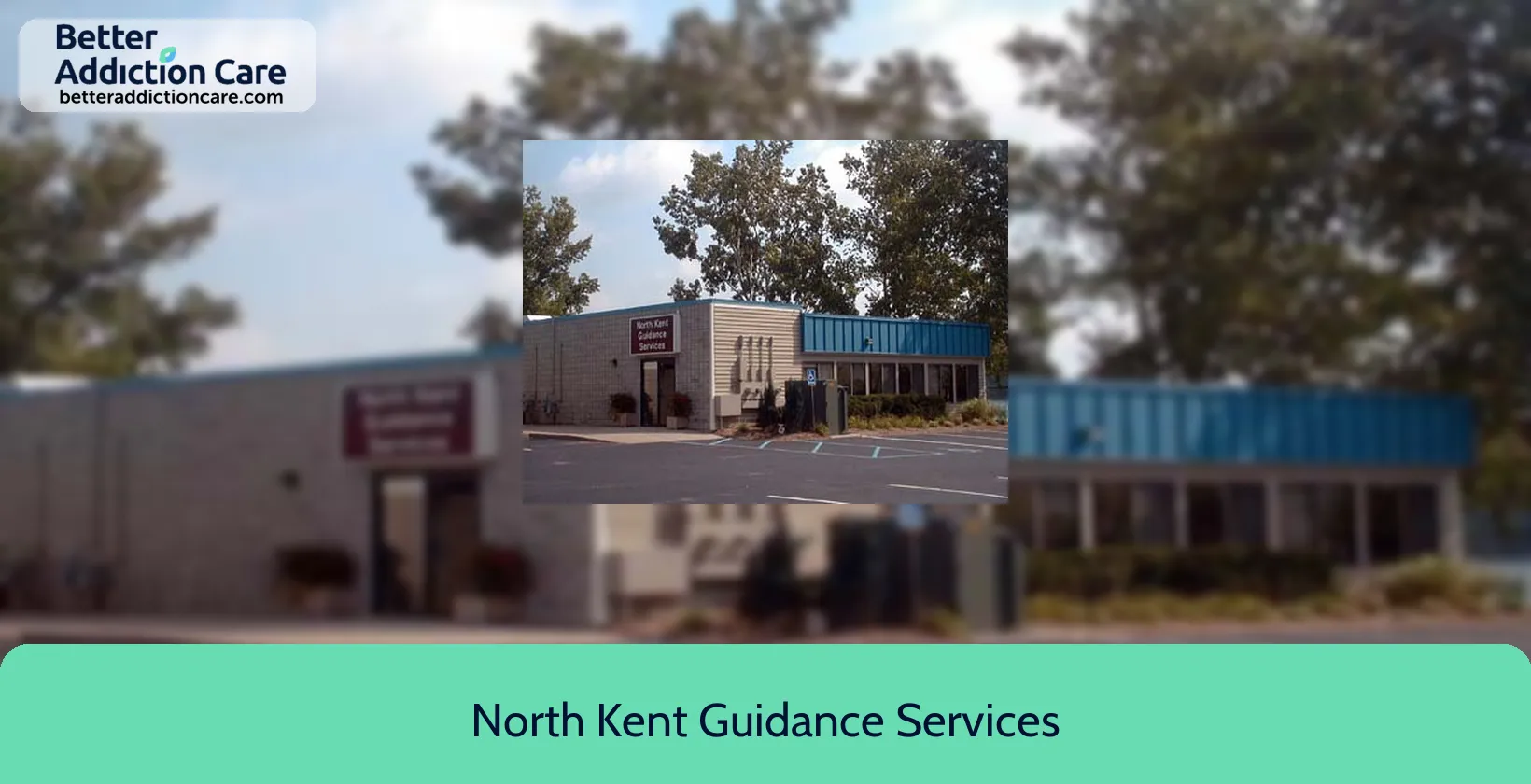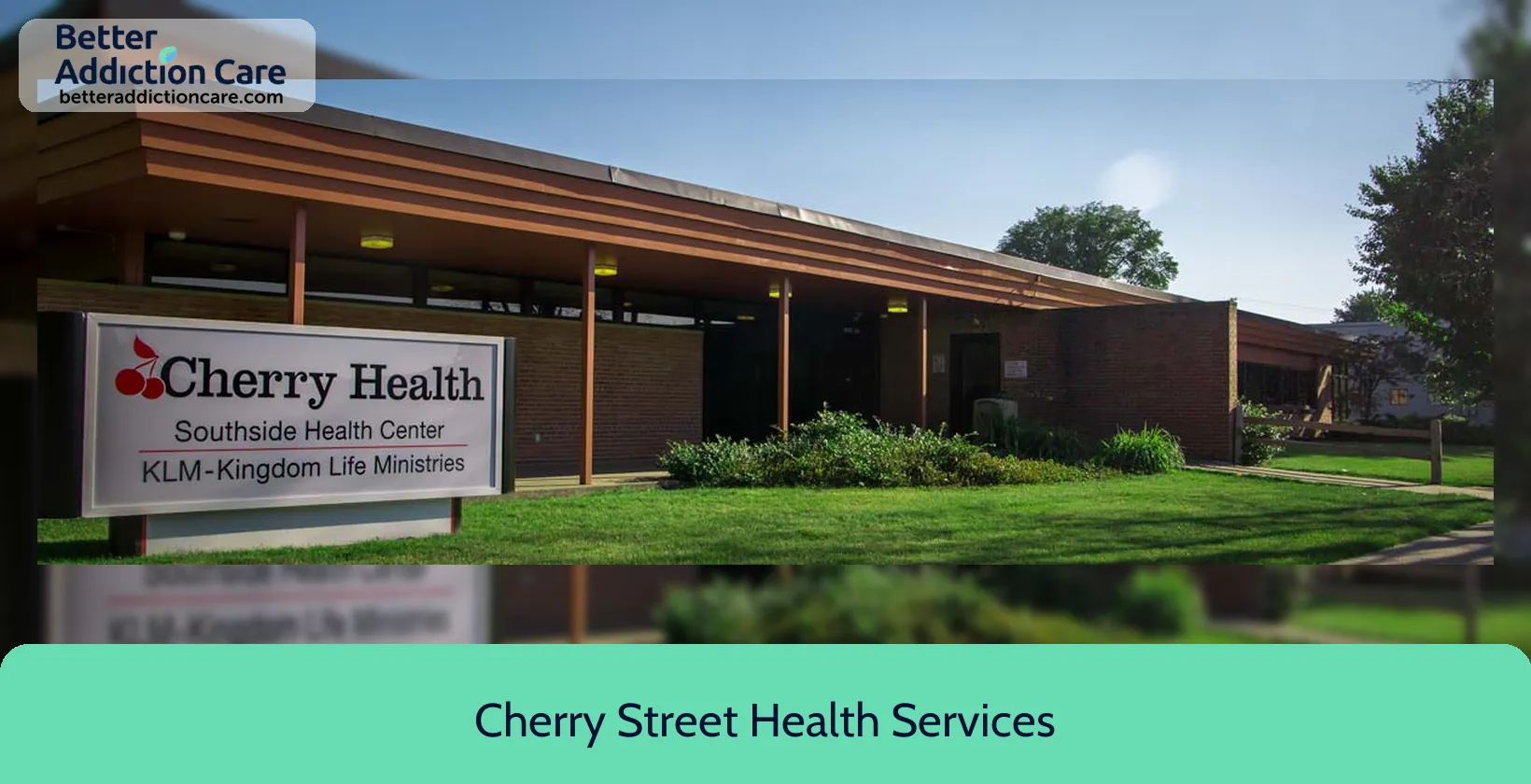Hope Network Center for Youth Mental Health

Overview
Hope Network Center for Youth Mental Health is a mental health treatment center for people seeking treatment near Kent County. As part of their treatment modalities for recovery, Hope Network Center for Youth Mental Health provides group counseling, family counseling, and life skills during treatment. Hope Network Center for Youth Mental Health is located in Grand Rapids, Michigan, accepting cash or self-payment for treatment.
Hope Network Center for Youth Mental Health at a Glance
Payment Options
- Cash or self-payment
Assessments
- Comprehensive mental health assessment
- Comprehensive substance use assessment
Age Groups
- Adults
- Young adults
Operation
- Private for-profit organization
Highlights About Hope Network Center for Youth Mental Health
6.56/10
With an overall rating of 6.56/10, this facility has following balanced range of services. Alcohol Rehabilitation: 8.00/10, Drug Rehab and Detox: 6.00/10, Insurance and Payments: 6.00/10, Treatment Options: 6.24/10.-
Alcohol Rehabilitation 8.00
-
Treatment Options 6.24
-
Drug Rehab and Detox 6.00
-
Insurance and Payments 6.00
Treatment At Hope Network Center for Youth Mental Health
Treatment Conditions
- Mental health treatment
- Substance use treatment
- Co-occurring Disorders
Care Levels
- Outpatient
Treatment Modalities
- Group counseling
- Family counseling
- Life Skills
Ancillary Services
Special Programs
- Persons 18 and older with serious mental illness (SMI)
Get Help Now
Common Questions About Hope Network Center for Youth Mental Health
Contact Information
Other Facilities in Grand Rapids

6.65

6.65

6.96

6.87

7.34

6.86

7.05

6.86
DISCLAIMER: The facility name, logo and brand are the property and registered trademarks of Guiding Light, and are being used for identification and informational purposes only. Use of these names, logos and brands shall not imply endorsement. BetterAddictionCare.com is not affiliated with or sponsored by Guiding Light.
